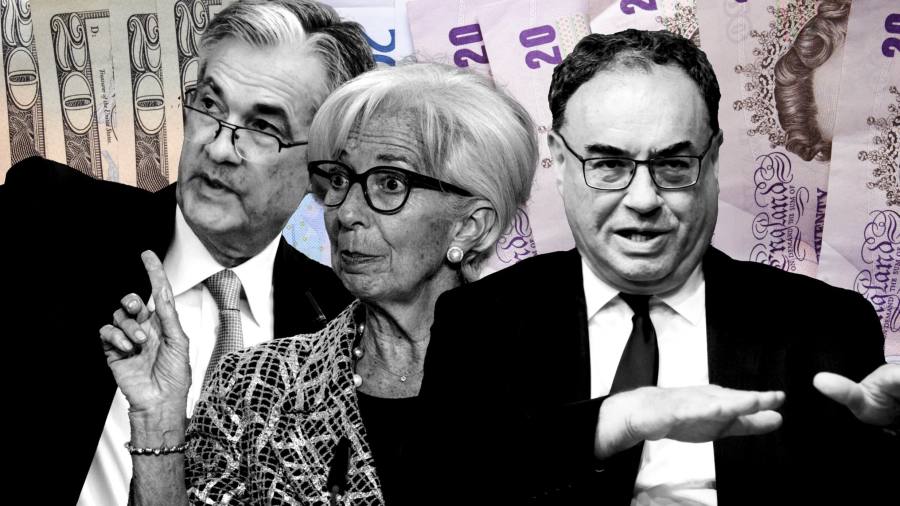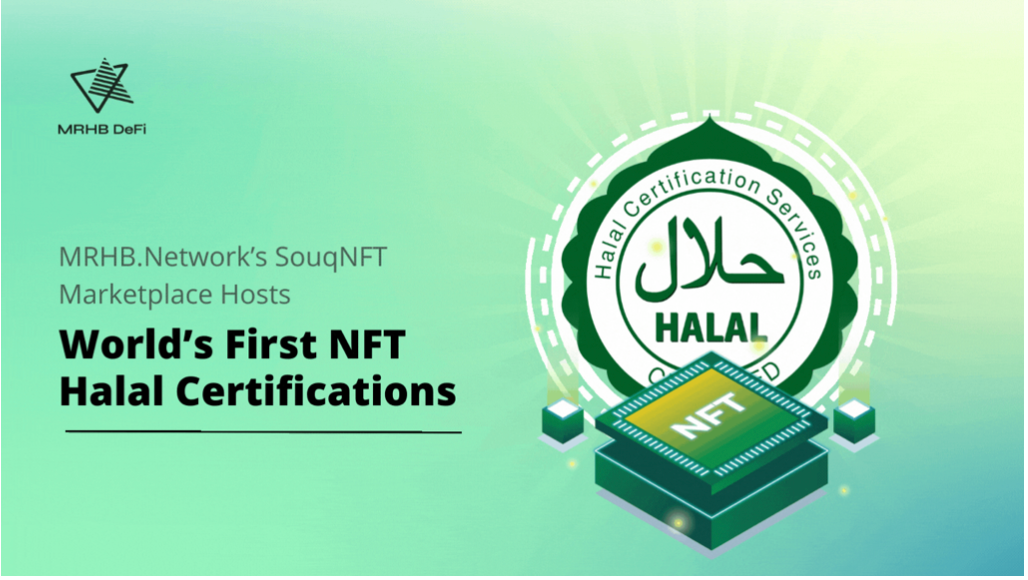When the proposal to regulate religious practitioners in South Africa was put forward by the Commission for the Promotion and Protection of the Rights of Cultural, Religious and Linguistic Communities in South Africa in 2017, it was heavily criticised from various avenues.
The Commission had been asked to review some, at times, scandalous behaviour of some religious leaders who have been accused of endangering and defrauding the members of their congregations. The Commission’s recommendations were the result of an investigation into the “Commercialisation of Religion and Abuse of People’s Belief Systems.”
It is six years later, and people like Shepherd Bushiri still get away with stealing millions of parishioners’ money, and I’m sure many others, like myself, are also still worried about “rogue priests” who masquerade as prophets, coaxing congregants to eat grass or snakes, or exposing them to harmful substances such as Doom as part of “spiritual healing”.
But South Africa’s constitution does safeguard the freedom of religious association, and critics, at the time of submission, said the recommendations were a direct violation of that constitutional commitment. And as the director of Freedom of Religion South Africa, Michael Swain said at the time, the organisation “is not persuaded that licensing practitioners are the way to go.” He said that the government had no business “meddling with religion.”
But what if religion becomes an actual business? Do regulators not have the responsibility then, to take care of the consumers it serves? I watched The Secrets of Hillsong on Netflix this week: a docu-series showing the clear collusion course between Christianity and capitalism. It showed the potential downfall of one of the world’s largest mega-churches, powered by Vanity Fair’s reporting on the scandal, by a tarnished reputation, an exiled lead pastor, and most importantly, the Australian Government’s intention to revoke the church charity status and review the laws that regulate the tax exemptions of such organisations in that country.
Hillsong has two magnificent buildings, one in Cape Town, in Century City and in Wonderboom in Pretoria, so the scandal is much closer to home than you might think. And despite my strong belief in the sanctity of our Constitution, I don’t think you can hide behind freedom of religion and then commit a criminal, commercial act. The law must be enforced. And South Africa has laws which deal with some of the abuses that the commission and the documentary had identified. But I suspect not all of them are, especially when it comes to South Africa’s Anti-Money Laundering and Combating the Financing of Terrorism regulatory frameworks. This is the very wobbly framework that got the country placed on the Financial Action Task Force (FATF) grey-list in the first place.
So let’s have a look at some of the regulatory moulds South African churches or religious organisations do fit into. For one, they are not obliged to register or to have a licensing certificate in order to operate, as we have already determined. However, depending on the type of legal entity within which the organisation chooses to arrange itself, it can be defined either as a non-profit organisation (NPO), non-profit company (NPC) or public benefit organisation (PBO), and yes, there is a difference.
This means that they have to register with different agencies of the State fit for that purpose. Churches and religious organisations can also typically associate or organise themselves as a voluntary association or as a trust. These structures all include various elements of tax, with various exemptions that apply.
Now, according to legal scholars, the type of legal entity the church or religious organisation chooses is important because it determines who will be able to conclude contracts on behalf of the organisation and who will be liable on behalf of the organisation if things go wrong. It also enables the organisation to open a bank account and gives the organisation credibility with donors. Finally, it ensures that the work of the organisation can carry on past the lifetime of those who originally founded it or who are currently involved.
A voluntary association is subject to common law, where an agreement is concluded between three or more people to achieve a common object, primarily other than the making of profit. This does not mean that they may not receive or make money. However, the business component may not be the main reason for its existence.
An NPC has to be registered with the Companies and Intellectual Properties Commission (CIPC) and is subject to strict governance to ensure that members, directors or employees do not benefit from NPC income or surpluses, a rule the Hillsong directors in Australia did not abide by. This also does not mean that NPCs may not make any profit.
All of the above legal entities can (but are not obliged to) registers as an NPO with the Department of Social Development in terms of the Non-Profit Organisation Act.
Now, it is in the profit motivation, for me, and the fair taxation thereof, where another devil in the detail presides and where my Hillsong case study falls short in regulatory oversight, especially as the institution has branches all across the world and shifts such profits across borders. And if you ever watched any documentary on Scientology, the same probably applies. The Church of Scientology has huge South African ties, boasting an enormous facility in Kensington, Johannesburg, and founder L. Ron Hubbard even lived in the area for a while. More recent news reports implied the same about Bushiri’s Enlightened Christian Gathering. And I’m sure many other examples exist.
The point is that local tax laws and foreign exchange frameworks have been criticised for allowing churches too much leeway in making their own decisions about how they use their money and what they can spend it on. And as the Hillsong scenario indicates, members’ best interests don’t always top the list.
So, is it enough that churches, as institutions, are predominantly subject to only the country’s common laws like any other legal institution? Or is it fair to allow for tax benefits on hugely successful commercial side hustles, or to allow for leeway in the financing of other operations across the globe?
I don’t know what the answer is,and I realise not all can be judged by the same cover, but perhaps extra regulation by the State, which will not stifle freedom of religion and thus violate one of the fundamental rights in our Constitution, but rather focus on profit-shifting exercises should be open to debate. Because, in my view, the commercialisation of religion and abuse of people’s belief systems must be frowned upon by all sane members of society.
*Jooste is the editor of Personal Finance
PERSONAL FINANCE














